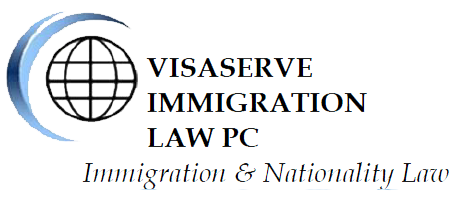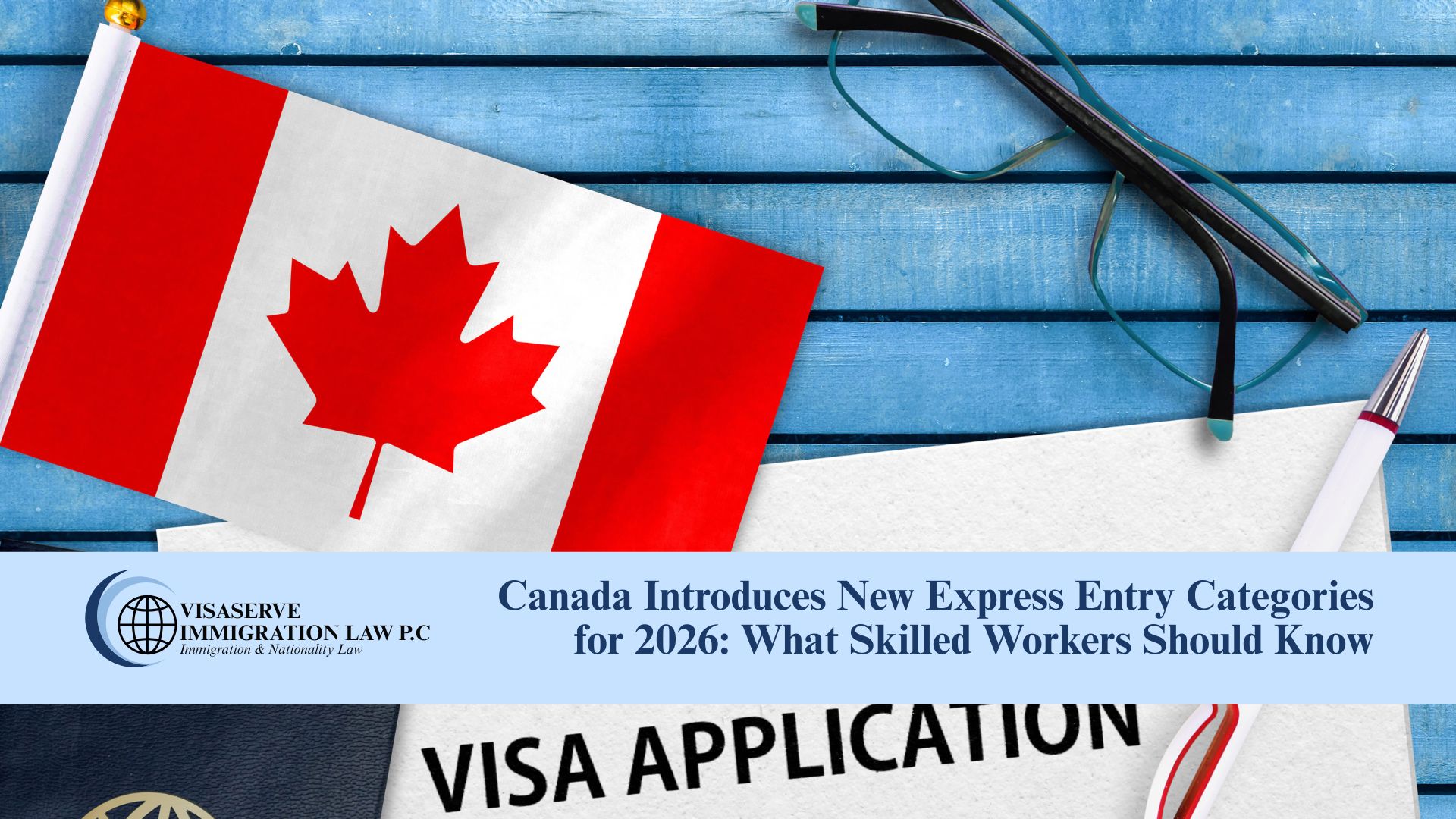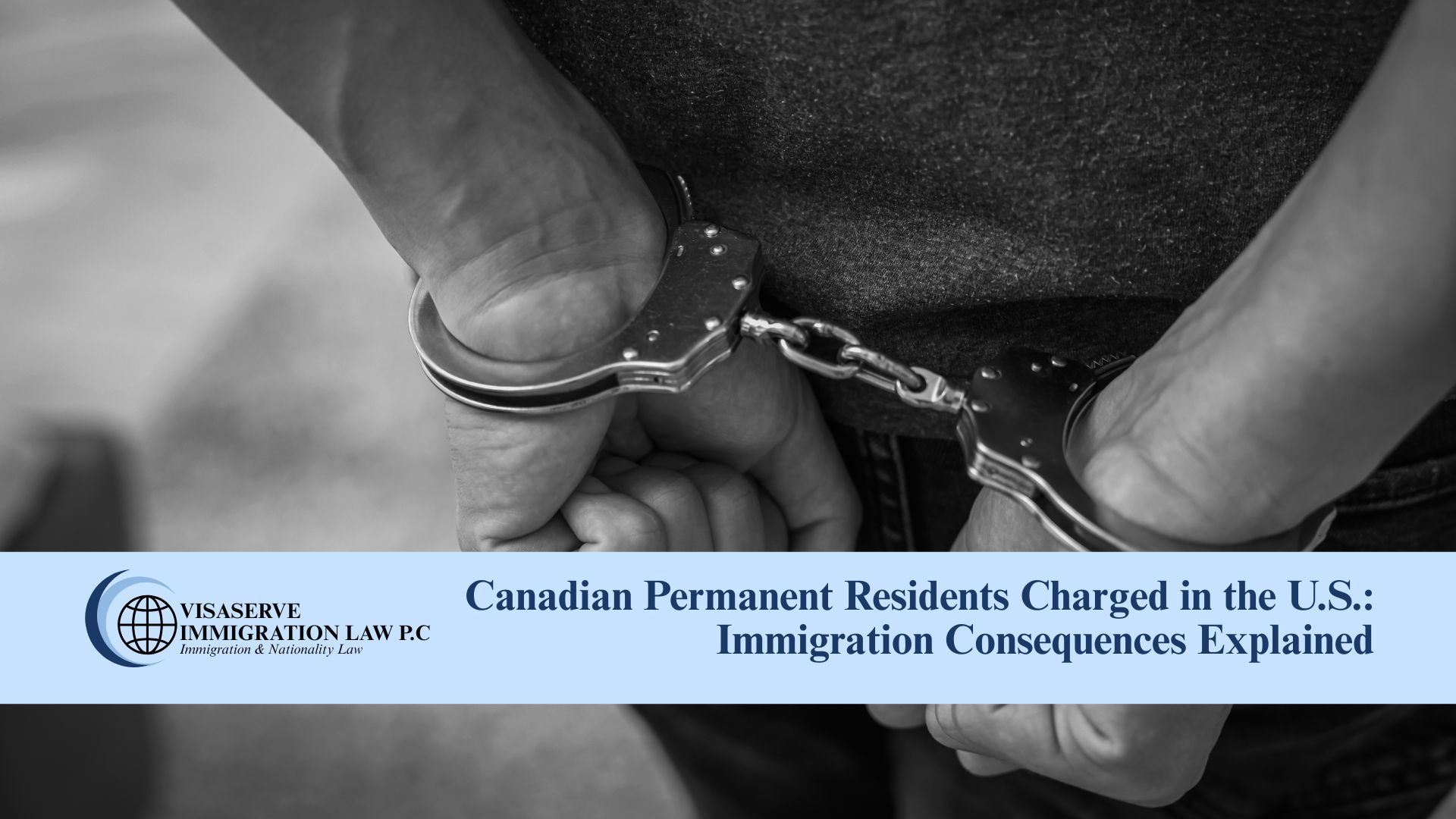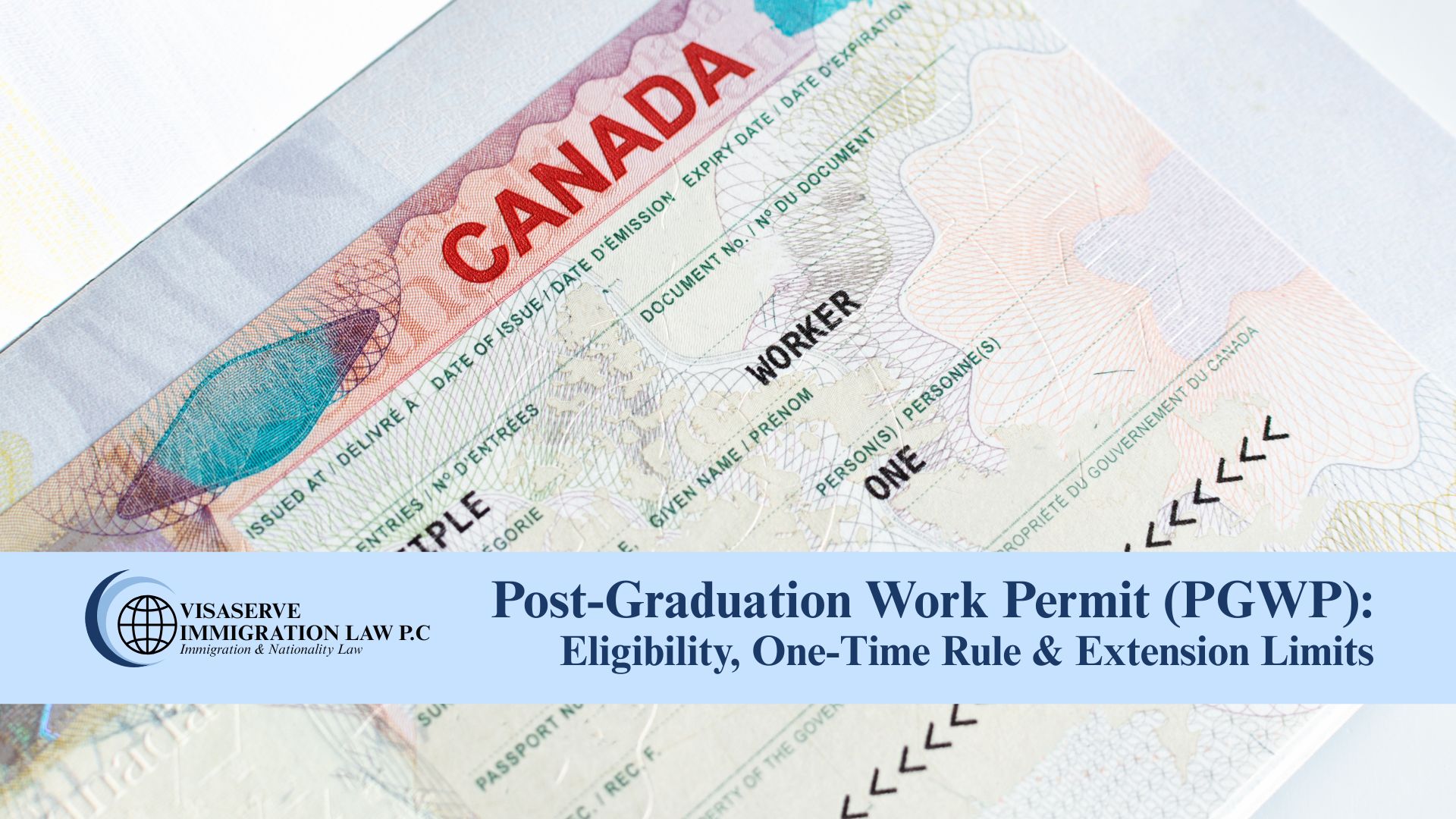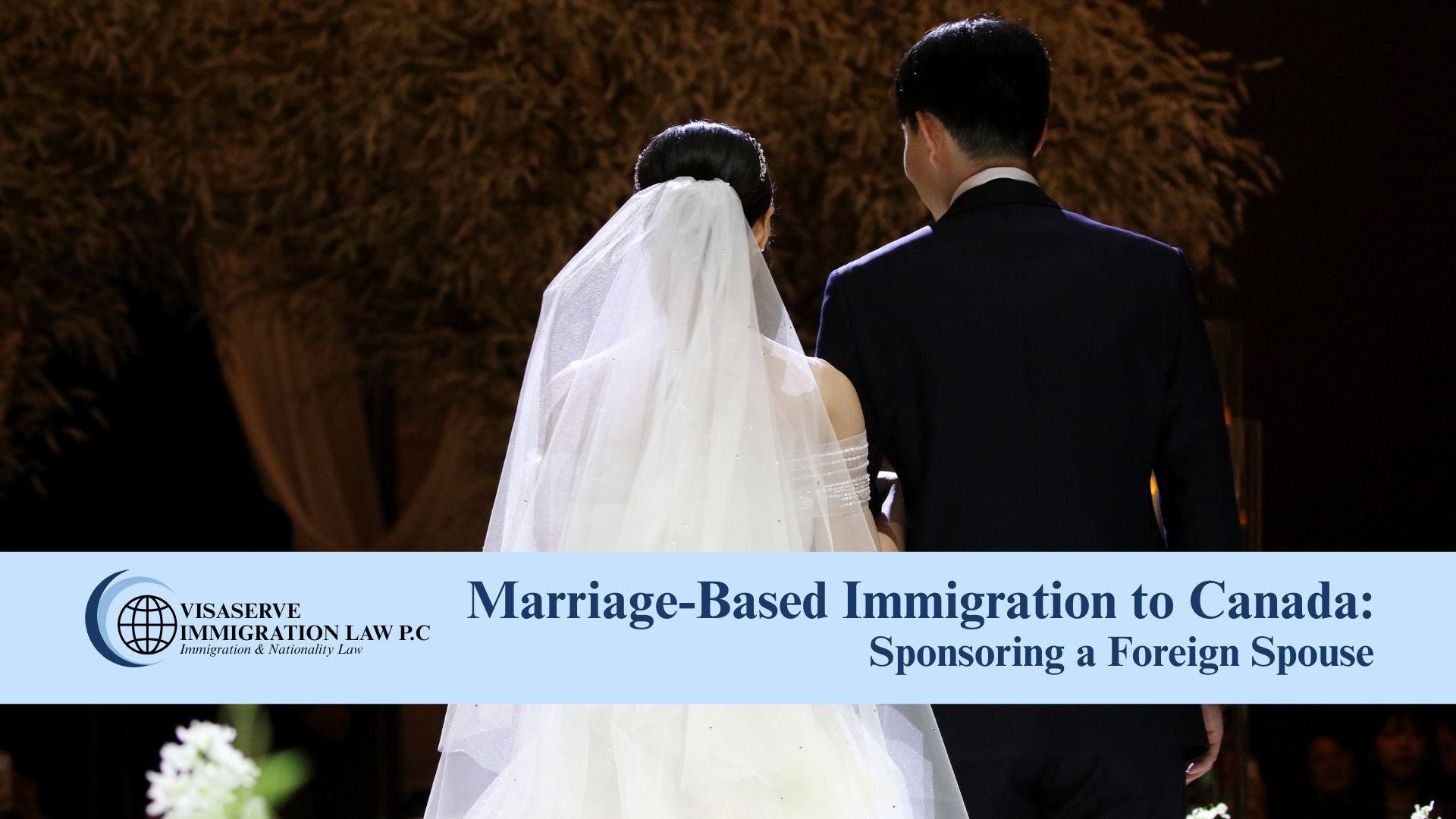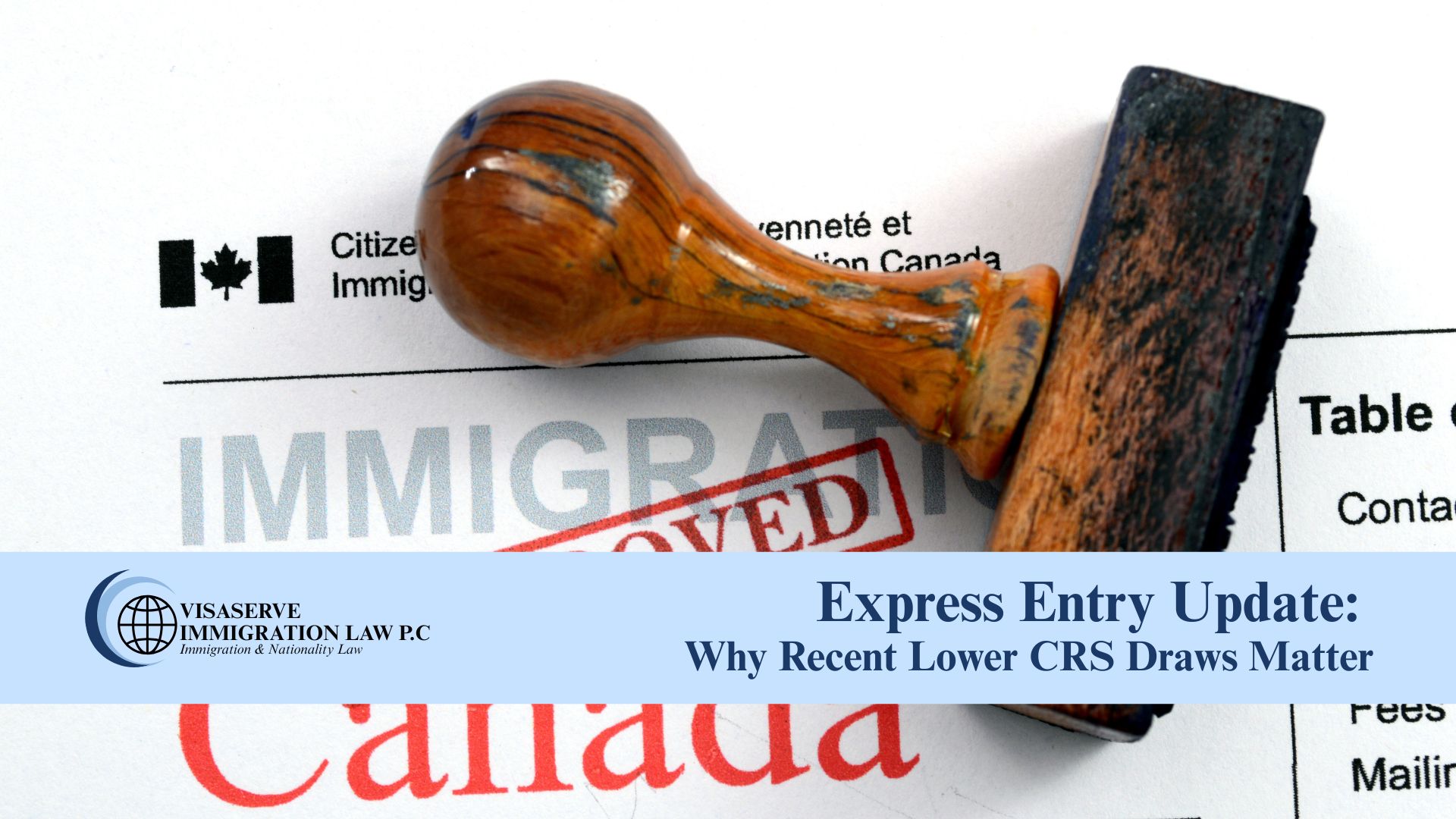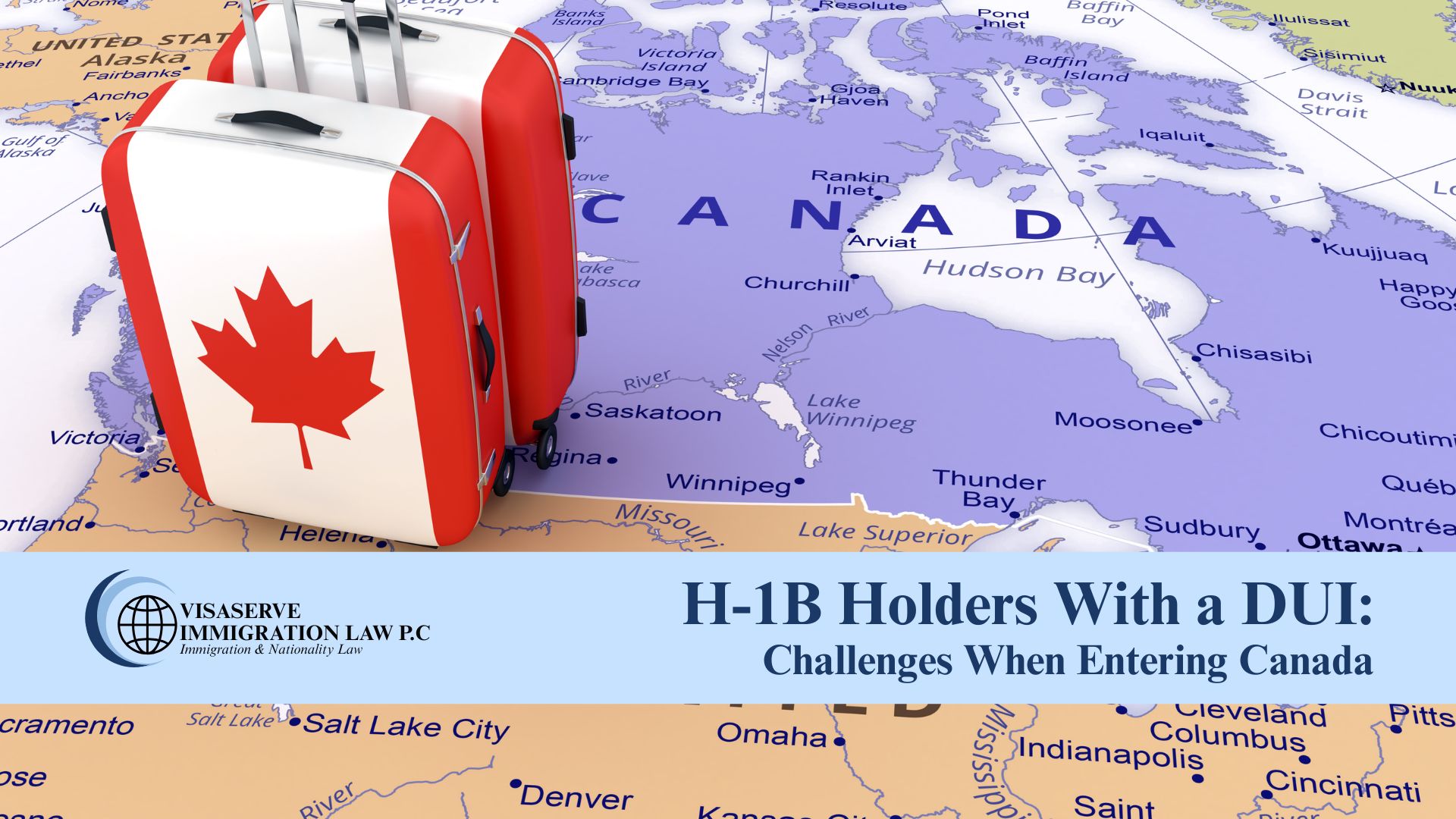On April 29, 2025, members of the U.S. House of Representatives introduced a bipartisan bill known as the Canadian Snowbird Act (H.R. 3070). If passed, this legislation would allow qualifying Canadian retirees to spend up to 240 days per year in the United States as long-term visitors for pleasure—without jeopardizing their Canadian residency or U.S. nonresident tax status.
The bill aims to modernize the current immigration rules under the Immigration and Nationality Act and recognizes the longstanding tradition of Canadian “snowbirds” wintering in warmer U.S. states.
Key Eligibility Requirements
Under the proposed Section 214(s) of the Immigration and Nationality Act (INA), a Canadian citizen may be admitted as a long-term visitor (B-2 visa category) if they meet the following conditions:
-
Age Requirement: Must be at least 50 years old
-
Canadian Residency: Must maintain a permanent residence in Canada
-
U.S. Accommodation: Must own or lease a U.S. residence for the duration of the stay
-
No Work Authorization: Must not engage in employment or labor for hire in the U.S.
-
Admissibility: Must not be inadmissible or deportable under U.S. immigration laws
-
No Public Benefits: Must not seek public assistance under the Personal Responsibility and Work Opportunity Reconciliation Act
Importantly, the bill clarifies that owning a U.S. residence will not be treated as intent to immigrate, which can often be a barrier under current B-2 visa adjudications.
Accompanying Spouses Eligible Too
The proposed act also allows the spouse of the retiree to be admitted under the same conditions, except that the spouse is not required to own or lease U.S. property in their name.
Maximum Stay: 240 Days per Year
The Snowbird Act proposes an extended period of stay—up to 240 days in a 365-day period—compared to the typical six-month limit under the current B-2 visitor visa. Furthermore, time spent outside the U.S. during this period does not count against the 240-day maximum.
U.S. Tax Residency Protected
To address concerns around U.S. tax residency, the bill also amends the Internal Revenue Code (Section 7701) to preserve the nonresident tax status of Canadians who qualify under this act. This would prevent extended-stay retirees from being taxed as U.S. residents under the Substantial Presence Test.
What This Means for Canadian Retirees
If enacted, the Canadian Snowbird Act would be a game changer for older Canadians who split their time between both countries. It offers:
-
Greater flexibility in planning long-term stays
-
Legal clarity on tax obligations and immigration status
-
Protection against unintended “immigrant intent” claims
What Happens Next?
H.R. 3070 has been referred to the House Judiciary Committee and the Committee on Ways and Means for further review. It will need to pass both chambers of Congress and be signed by the President before becoming law.
Visaserve Immigration Law P.C. will continue to monitor this proposed legislation and provide updates to our clients and community. If you are a Canadian citizen seeking long-term visitor options or have questions about how this bill could affect your immigration or tax plans, contact our office today for a consultation.
Need Legal Advice on U.S. or Cross-Border Immigration?
Call Visaserve Immigration Law P.C. or book an appointment online. Our team helps Canadians navigate U.S. immigration pathways with clarity and confidence.
